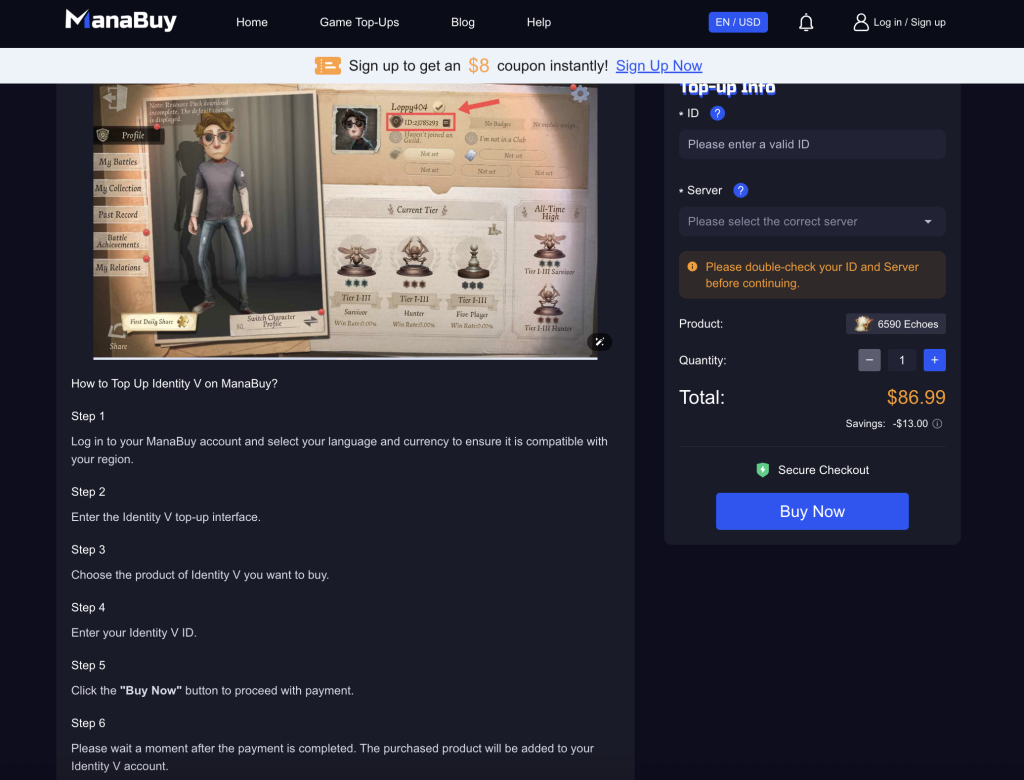Living a single life in the fast-paced city of London isn’t without its pros and cons. Careers take precedence over personal and social lives for many single women. According to the numbers, more and more women in their thirties are putting their careers first. Because this city is where opportunity and ambition intersect, it should come as no surprise according to charlotteaction.org.
The Path to Financial Independence
Pursuing career progress often leads to more financial independence and personal improvement. More essential than simply paying the bills is owning your time and lifestyle. Many women find empowerment in the knowledge that they have control over their financial futures and may make choices that help them achieve their aspirations.
Plus, when you reside in a busy city like London, time is of the importance. Women are able to gracefully navigate the fast-paced environment because they have a clever and purposeful attitude to life. For them, genuine human connections are more important than scripted social protocols, therefore every second counts. This way, individuals can have a successful profession and yet have time for the things that truly matter to them according to charlotte action website.
Adopting a Cultural Perspective
Instead of mindlessly marrying off, these women are actively seeking out cultural activities that will enrich their lives, defying conventional thinking. There is an abundance of options in London’s vibrant cultural scene, from museums and theaters to art groups and film festivals. Participating in these events allows them to meet more people, learn about new things, and broaden their social circle.
The active lifestyle that single women in London embrace—characterized by a strong dedication to professional progress, savvy time management, and vigorous cultural participation—is proof of independence and self-sufficiency.
Here, London’s single women are forging their own path to freedom through a fusion of career aspirations, personal growth, and cultural engagement.
Enthralled by the Freedom of the City
Living as a single woman in a bustling metropolis like London has both perks and pitfalls. The freedom to pursue your own interests is a great advantage of being single. In this diverse and ever-changing community, you are free to do what you like, whenever you like, without regard to the opinions or desires of others.
Kensington and Richmond are only two of the many secure areas in London. Having a secure environment at home is vital, but so is finding a happy medium between being overprotective and needing constant attention from others. A person’s emotional and physical health can benefit from safeguarding their personal space.
Being financially self-sufficient is one of the most important requirements for a London single woman to survive. Sticking to a strict budget in a pricey place might be achieved with the help of personal finance apps and financial gurus. Plum and Monzo are two simple apps that help people feel more in control of their money by making it easy to track spending and savings.
Realizing one’s independence involves more than simply being secure and competent with money. There is an abundance of opportunities for women to grow in this city, including seminars, online classes, and workshops in fields as diverse as cooking and computer science. Platforms like Skillshare and FutureLearn enable women to learn, grow their skills, and improve themselves.
Being independent is more than just letting loose and having fun; it also requires preparing yourself for the dynamic city life that awaits you.
Achieving autonomy and self-empowerment requires investigating the social dynamics and strategies for creating enduring connections in this dynamic city.
